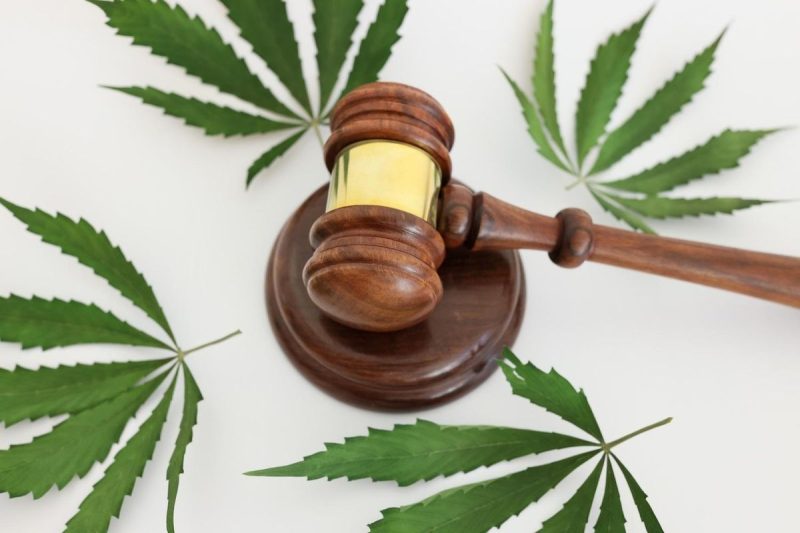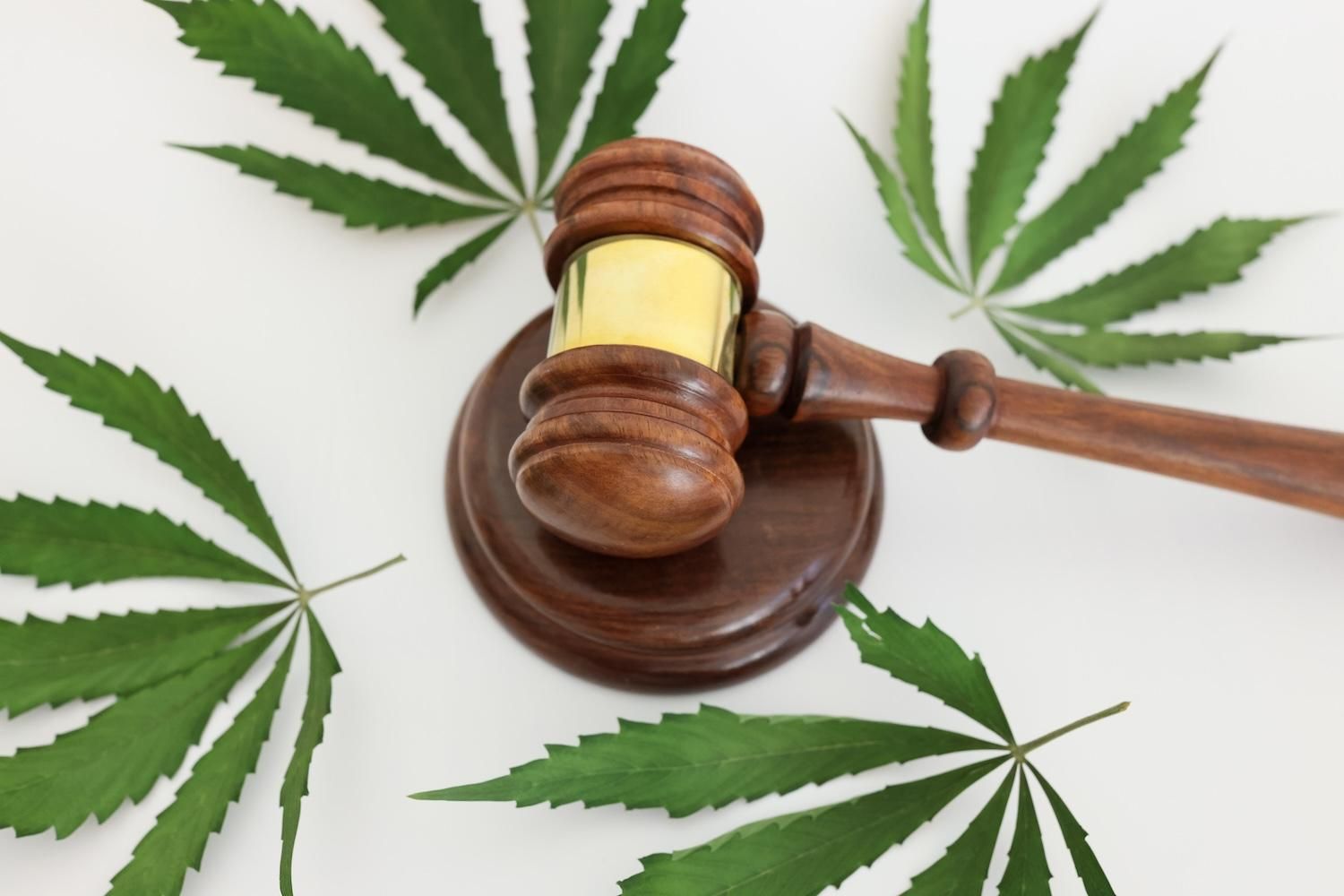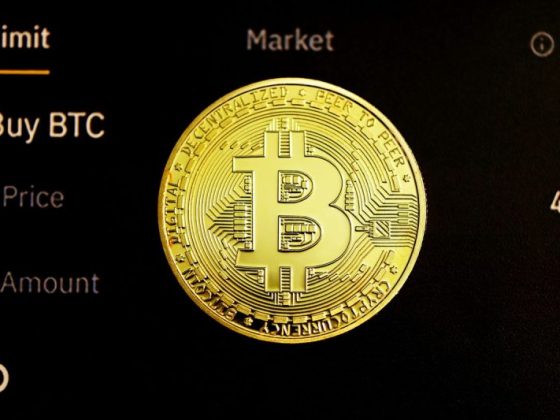

A spending bill to reopen the Federal government after a 43-day shutdown included provisions that will recriminalize most hemp-derived THC products.
This change, slated to become effective one year after enactment, in late 2026, marks a significant policy reversal from the 2018 Farm Bill, which legalized hemp and its derivatives, including delta-8 and delta-10 THC products.
The new legislation imposes a strict limit of 0.4 milligrams of total THC per container for consumable hemp products and bans those containing cannabinoids synthesized outside the Cannabis sativa plant or those marketed with intoxicating effects similar to THC.
The bill targets the sale of intoxicating hemp products widely available at retail locations such as gas stations and convenience stores, effectively removing many popular formats like edibles and beverages from the legal market.
This change threatens to devastate the booming hemp THC industry, which has grown into a multi-billion-dollar market supporting an estimated 300,000 jobs and generating substantial state tax revenue.
The deal was reportedly opposed by some Republicans, including Rand Paul, who introduced an amendment to remove the ban. The Senate rejected the amendment, despite arguments from the hemp industry that recriminalization would lead to business closures and job losses.
Other lawmakers also opposed the move. Sen. Van Hollen (D-MD) called for “balanced, science-based regulation,” and Sen. Wyden (D-OR) vowed to “keep at it.” A spokesperson for Sen. Klobuchar (D-MN) noted the ban would “hurt the state’s small businesses” and urged consideration for states with existing regulations.
Despite efforts, the spending bill passed a vote in the House of Representatives on November 12, throwing the future of the nascent industry into an unknown future.
Consequences for hemp businesses and consumers
Market participants predict that most hemp businesses could be forced to close or radically change their business models due to these restrictions.
“Millions of people across the country use hemp products as part of their wellness routine,” Karazin said. “They rely on them to feel balanced and manage day-to-day stress in a safe, legal way.
If regulated hemp products sold by trustworthy companies are pulled from the shelves, Karazin argues that consumers may turn to unregulated markets. “Eliminating them entirely doesn’t protect consumers, it only forces them to look for alternatives in unregulated markets where safety isn’t guaranteed.”
He advocates for less stringent measures.“A smarter path would be to let states continue setting and enforcing safety standards while Congress works with the industry to establish long-term clarity instead of another cycle of uncertainty.”
Investment implications
Market participants predict that most hemp businesses could be forced to close or radically change their business models due to these restrictions.
“Millions of people across the country use hemp products as part of their wellness routine,” Karazin said. “They rely on them to feel balanced and manage day-to-day stress in a safe, legal way.
If regulated hemp products sold by trustworthy companies are pulled from the shelves, Karazin argues that consumers may turn to unregulated markets. “Eliminating them entirely doesn’t protect consumers, it only forces them to look for alternatives in unregulated markets where safety isn’t guaranteed.”
He advocates for less stringent measures.“A smarter path would be to let states continue setting and enforcing safety standards while Congress works with the industry to establish long-term clarity instead of another cycle of uncertainty.”
Securities Disclosure: I, Meagen Seatter, hold no direct investment interest in any company mentioned in this article.

